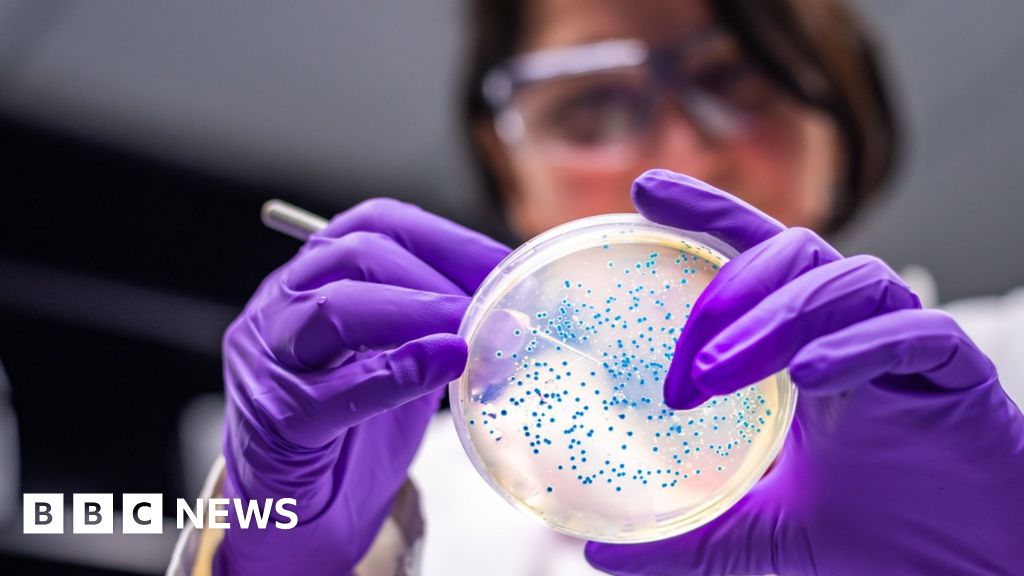
"A common bacterium was genetically engineered to eat a plastic-derived molecule and then digest it to produce the everyday painkiller, paracetamol. The microbe used by Stephen Wallace, professor of chemical biotechnology at the University of Edinburgh, was Escherichia coli, better known as E. coli. The rod-shaped bacterium is found in the intestines of humans and animals, and you might be more familiar with it as an unpleasant bug that can make us ill."
"E. coli is the field's main "workhorse" says Prof Wallace, who has also genetically engineered it in the lab to turn plastic waste into vanilla flavour and fatberg waste from sewers into perfume. "If you want to prove something is possible with biology, E.coli is a natural first stage," he says. The microbe's use isn't just confined to the lab. Industrially, vats of genetically engineered E. coli act like living factories producing a variety of products from pharmaceuticals like insulin, vital for diabetes management."
Escherichia coli has been genetically engineered to metabolize a plastic-derived molecule and synthesize paracetamol. Non-pathogenic E. coli strains are commonly used in laboratories to test biological engineering approaches and prove feasibility. Researchers have converted plastic waste into vanilla flavour and transformed fatberg sewer waste into perfume using engineered E. coli. Industrial fermentation scales genetically modified E. coli into living factories that produce pharmaceuticals such as insulin and platform chemicals for fuels and solvents. E. coli's dominance in biotechnology stems from its long history as a model organism and its extensive experimental and industrial toolset.
Read at www.bbc.com
Unable to calculate read time
Collection
[
|
...
]